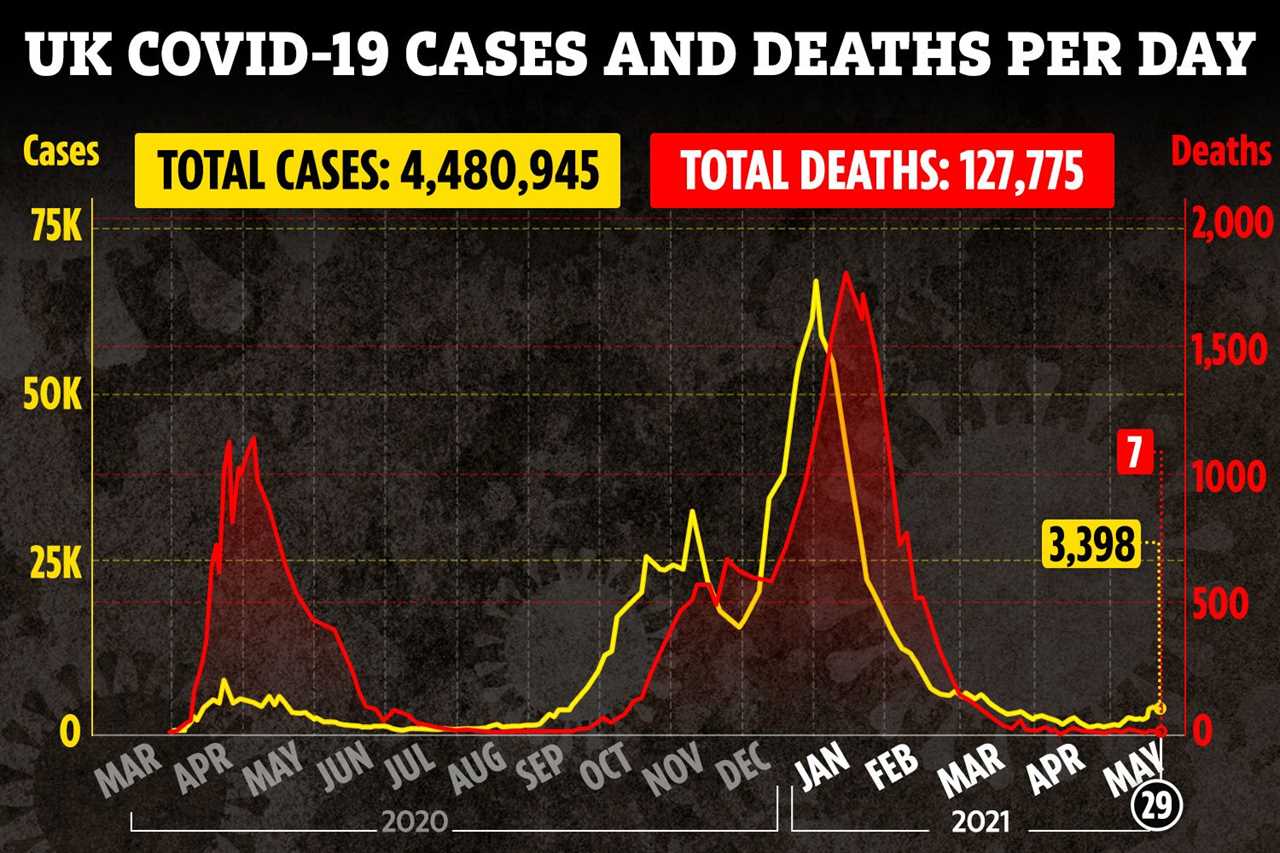EVEN Dominic Cummings’ greatest allies would admit he plays fast and loose with the truth.
That simple fact came back to bite him as he gave evidence to MPs this week, when he painted a picture of a chaotic, deceitful Prime Minister and government whose incompetence had caused tens of thousands of unnecessary deaths.

Read our coronavirus live blog for the latest updates
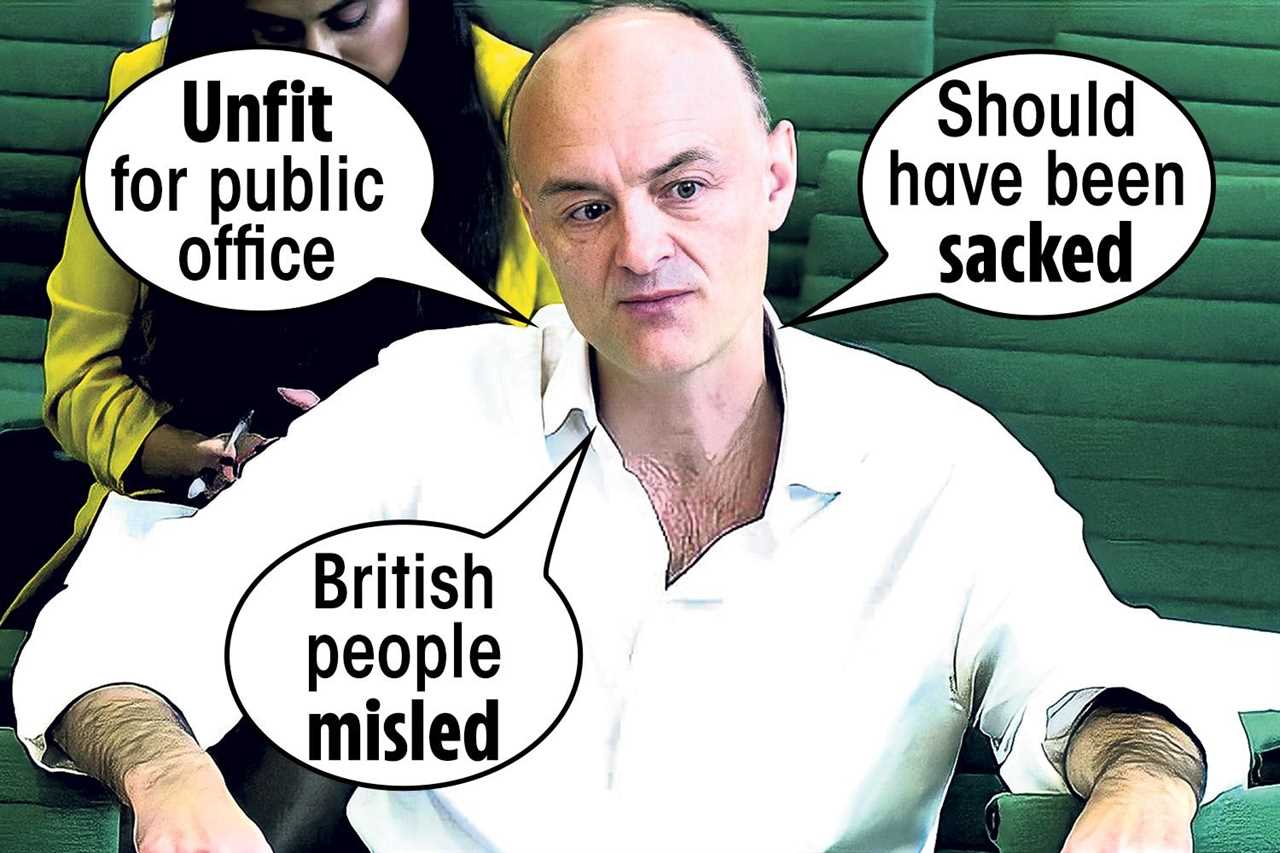
The issue for him is he has a fundamental credibility problem.
This was the man who last year appeared to have taken the public for fools, claiming the reason he got in a car and travelled to Barnard Castle at the height of lockdown was because he was testing his eyes and not because he fancied a family day out.
That was part of a pattern of behaviour.
And it should not come as any surprise to Cummings that a YouGov poll published after his evidence to the parliamentary select committee on Wednesday found that three-quarters of people trusted him to tell the truth very little or not at all.
His marathon session started well. He apologised for the mistakes he had made, basically admitting that the situation had overwhelmed him.
It was hard not to feel sympathy. This was the greatest crisis we had faced since World War Two — mistakes were bound to be made.
But he wrecked it all by not applying that level of understanding to the many people he had fallen out with.
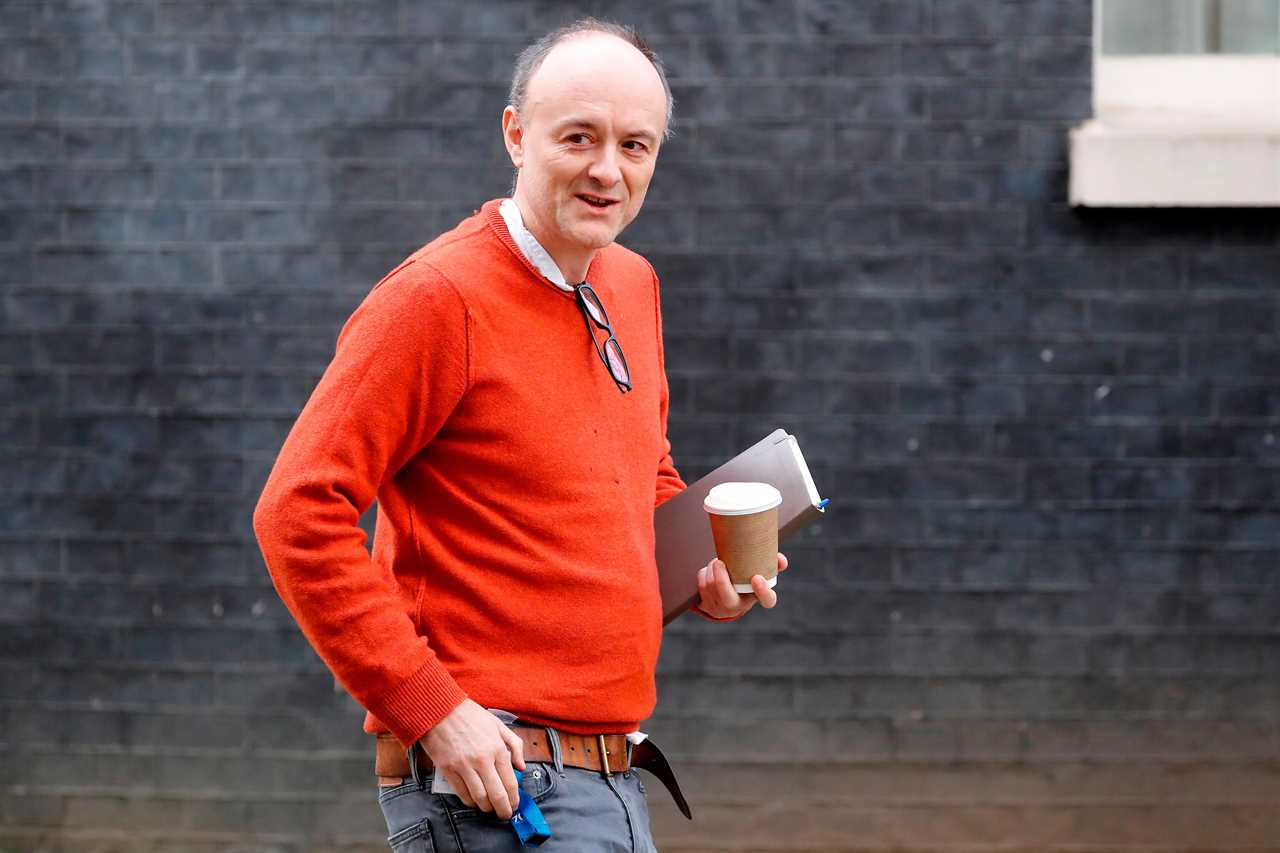
Listening to him, it was clear that he believed the Government was populated entirely by a small number of heroes, who he described as almost superhuman, and a lot of villains, who were little more than moronic liars.
In the past, painting things in such black and white terms made Cummings’ career.
In the Brexit referendum campaign, he won people over with a brilliant slogan, “Take Back Control”, while also making dodgy claims such as Britain gave £350million a week to Brussels and that Turkey was about to join the EU, meaning 80million people could end up here, crushing our public services.
He repeated the trick during the 2019 election campaign run under the slogan, “Get Brexit Done”.
But the skills that work in a campaign are not the same that work in a successful government.
Campaigns usually last a few weeks and have a tight-knit team, ideally all answering to a dictatorial leader.
Governments go on for years, and the people running them have to deal with a reality that is not clean cut.
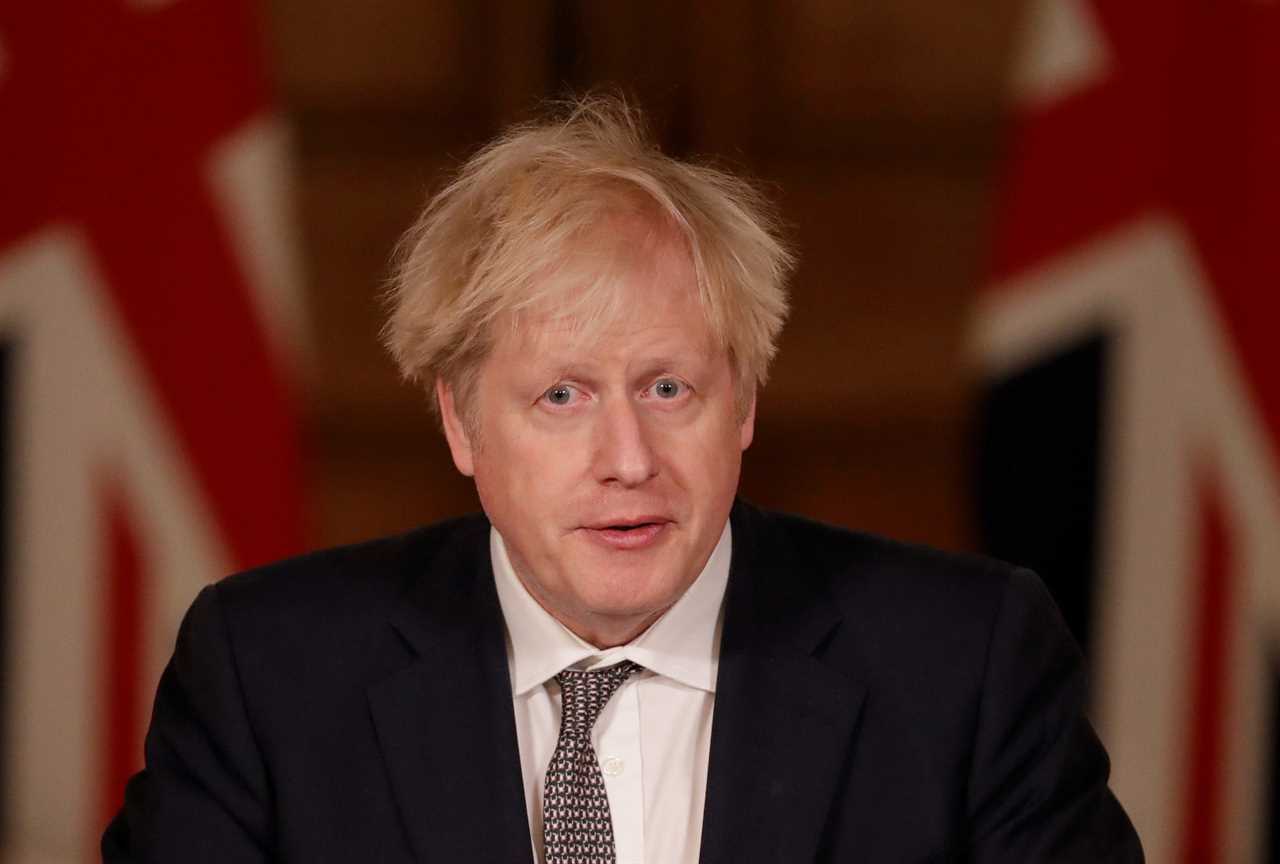
Things are complicated and messy. Decisions often have to be taken with imperfect information.
And, crucially, people are flawed and not always operating with grace and consistency under pressure.
Cummings tried to create the dictatorial structure of a political campaign in government, telling anyone and everyone that he had only taken the job on the understanding that he had complete control.
So it was a surprise when he claimed on Wednesday that he was merely a humble “assistant to the Prime Minister”.
And it was jaw-dropping when he said he had discovered during Covid that Boris Johnson was not fit to lead.
This was a man who expected us to believe he had not previously seen that Boris — who he had done so much to put into power — is not always a master of detail, often argues two contradictory positions at the same time and frequently changes his mind.
The public do not seem to mind, electing him in spite — and perhaps because — of it.
More to the point, Cummings seems to think that because people say extreme things under high pressure, they should be held to them forever more.
How many of us could defend everything we have said at our toughest moments?
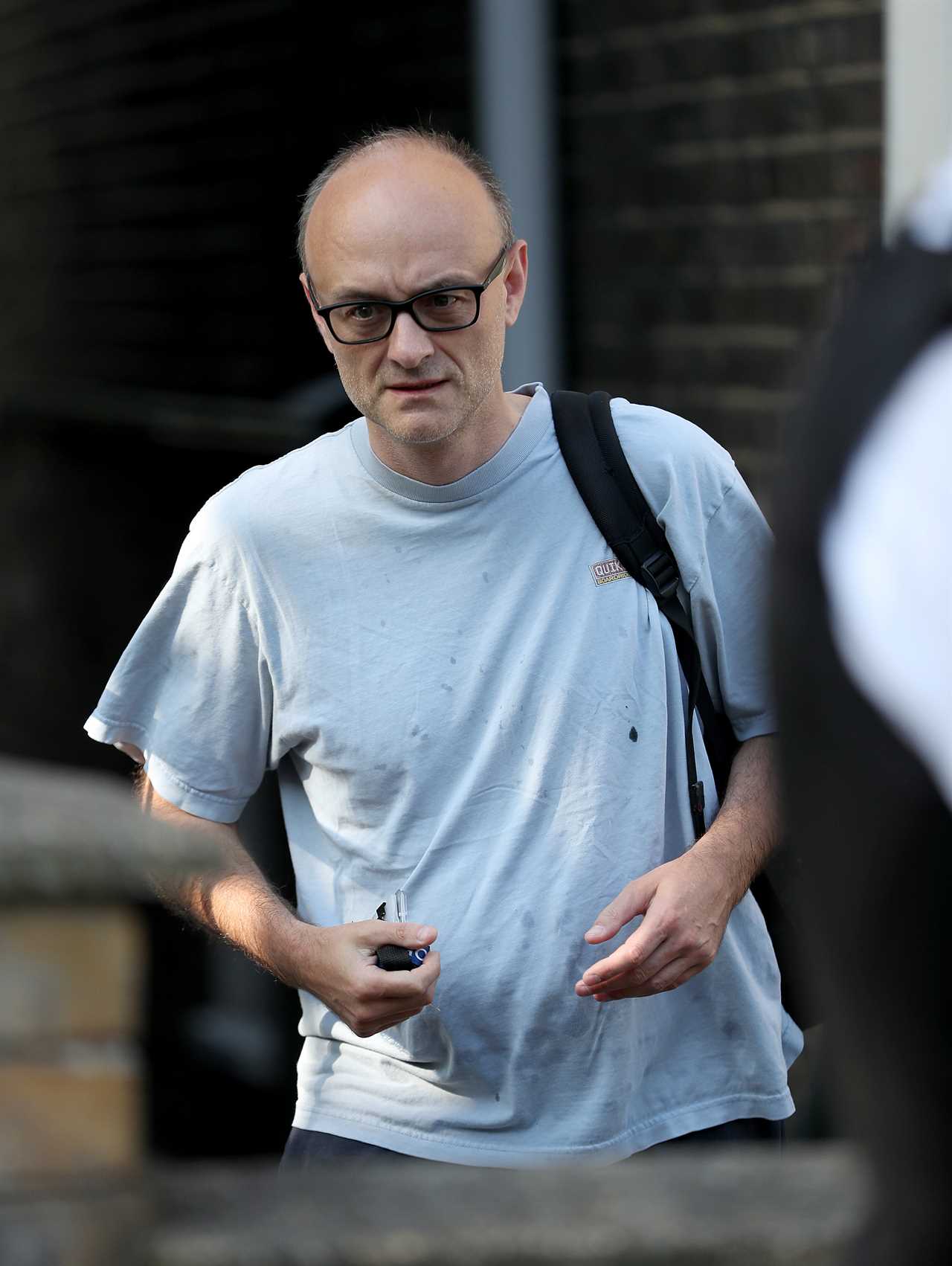
He also showed himself to be a hanging judge when it comes to assessing people’s character flaws. I wonder what would happen if he applied that level of scrutiny to himself?
This is not to dismiss everything he said. The accusations he made are of the utmost seriousness.
What happened in our care homes is a scandal. It is clear we locked down too late more than once. But the point is, we knew these things.
Anyone who has had the briefest of looks at our newspapers this year will have read all about it.
Rightly or wrongly, millions of people have decided they are prepared to give the Government the benefit of the doubt and reward it at the ballot box for an amazing vaccine programme.
And so Dominic Cummings raged against a reality he helped create. He was like the boy who cried wolf.
He discovered there is a real downside to trying to be in complete control, attacking those who honestly disagree with you, and making claims that stretch credibility to breaking point.
The hypocrisy of those in politics who once hung on his every word turning against him — while those who portrayed him as a Satanic figure now insisting he must be listened to — must be galling for him.
But it is a game he has used to his advantage time and again.
Oscar Wilde said, “The truth is rarely pure and never simple.”
Dominic Cummings’ failure to get that cost him dear this week.
– Craig Oliver is a former Downing Street Director of Communications.
